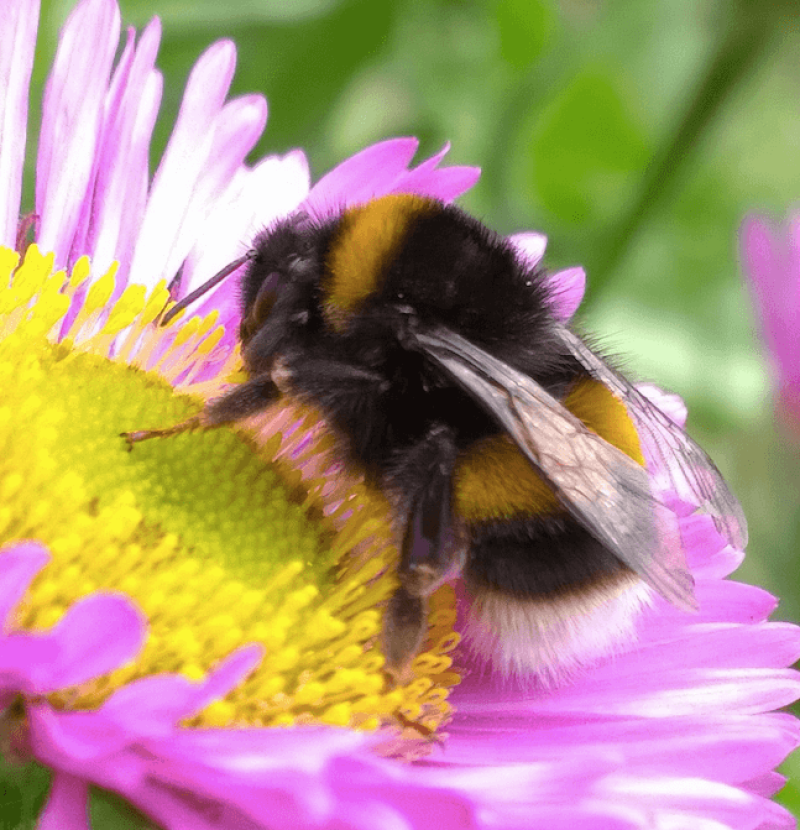The GLP aggregated and excerpted this blog/article to reflect the diversity of news, opinion and analysis.
The largest field study so far [on] the group of pesticides called “neonicotinoids” has concluded that each acts differently on the brains of the bees.
One of the chemicals widely considered as being the most toxic wasn’t shown to affect bees at a level found in the countryside.
However other “neonics” were shown to cause significant harm to bumblebees.
The results of the study are published in the journal Scientific Reports.
This study examined the three types banned by the EU in 2013. It shows that different types affect the brains of bumblebees in distinct ways.
Two (imidacloprid and thiamethoxam) were shown to be highly toxic to bumblebees when they were exposed to levels of the chemicals found in the countryside.
They affected their brains, impairing their memory and ability to forage for pollen. The toxic effects also included altering the make-up of the colony, changing the ratio of males to females and in some cases reducing the number of queens.
The third (clothiandin) – a close chemical relative that has not been tested before is shown not to be harmful to bees in the low doses given during field trials. The number of queens in the colonies actually increased.
Dr Chris Connolly, from the University of Dundee, said: “There has been growing concern over the risk to bee populations from neonicotinoid insecticides and their long-term consequences to essential ecosystem services and food security.”
He said: “We can clearly see that the banned neonicotinoids are not the same, so they should be considered independently when considering risk and legislation.
Read full, original post: Banned pesticides ‘not equally harmful’ to bees































